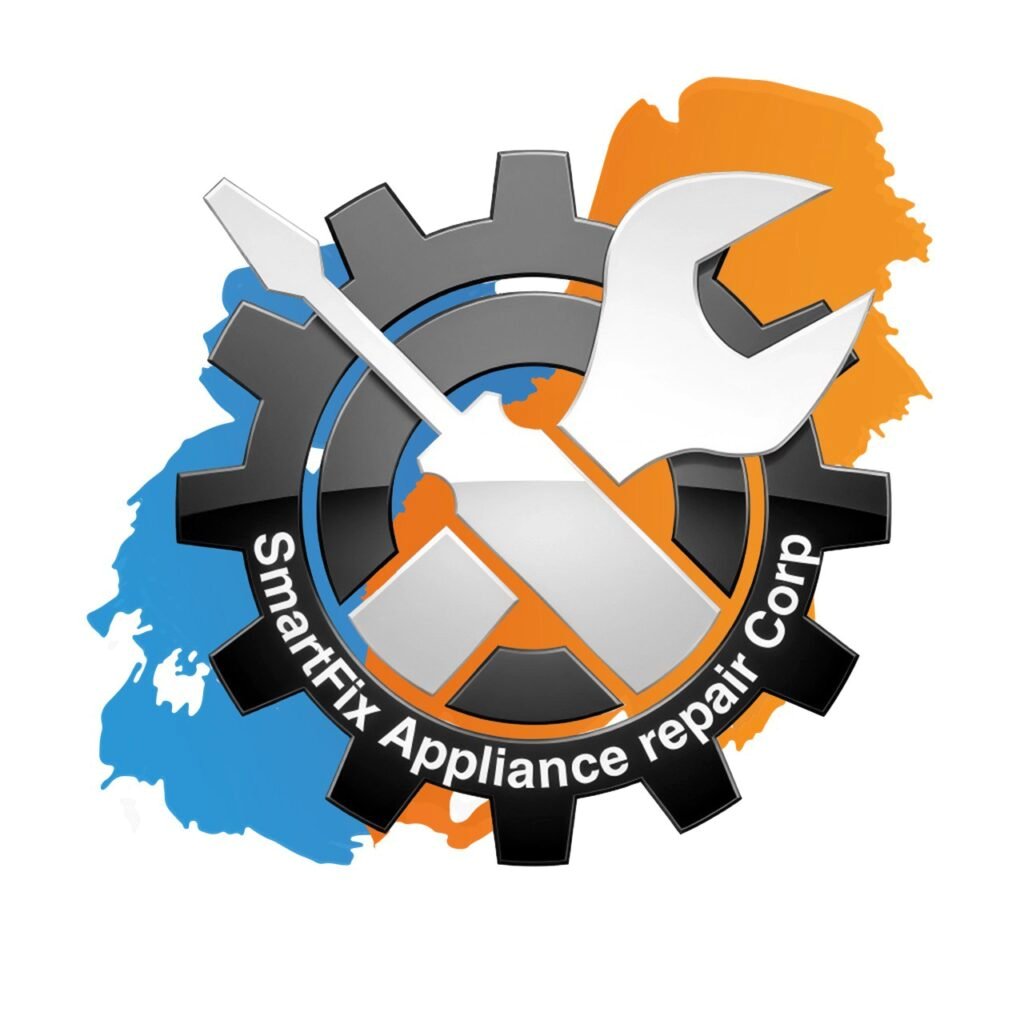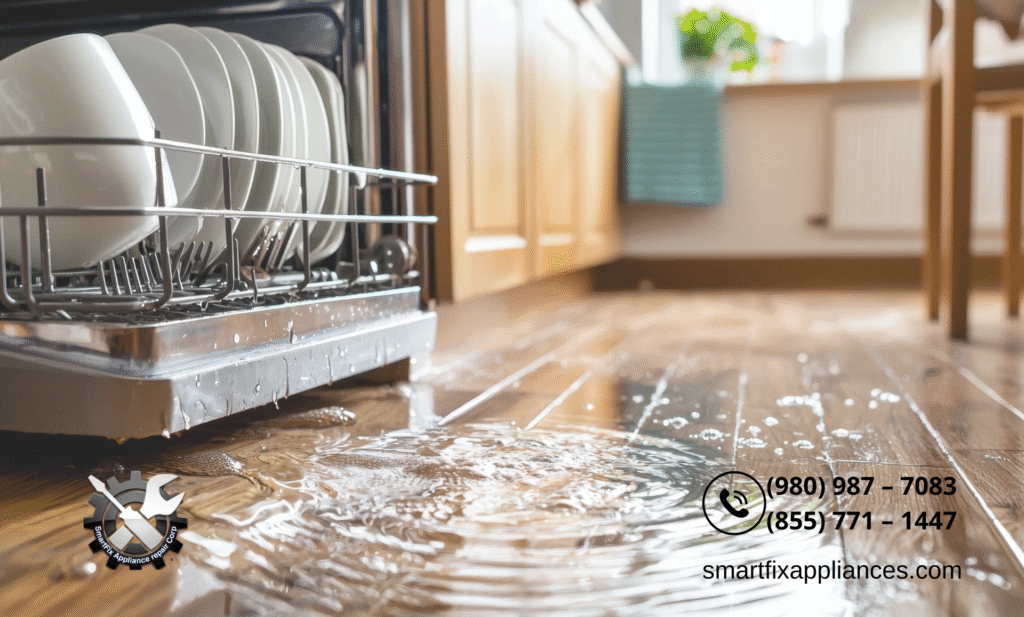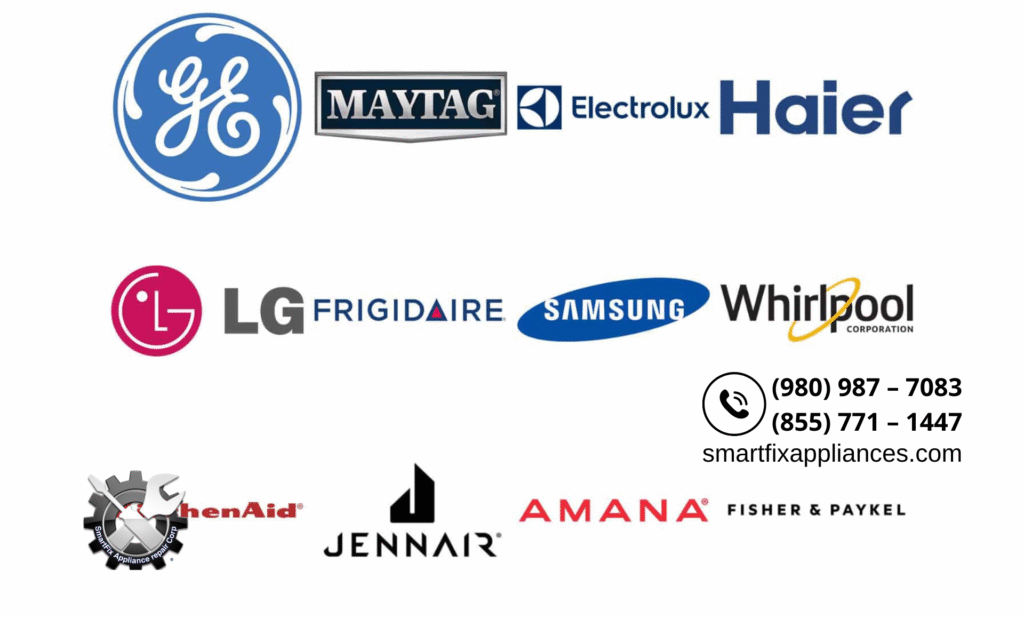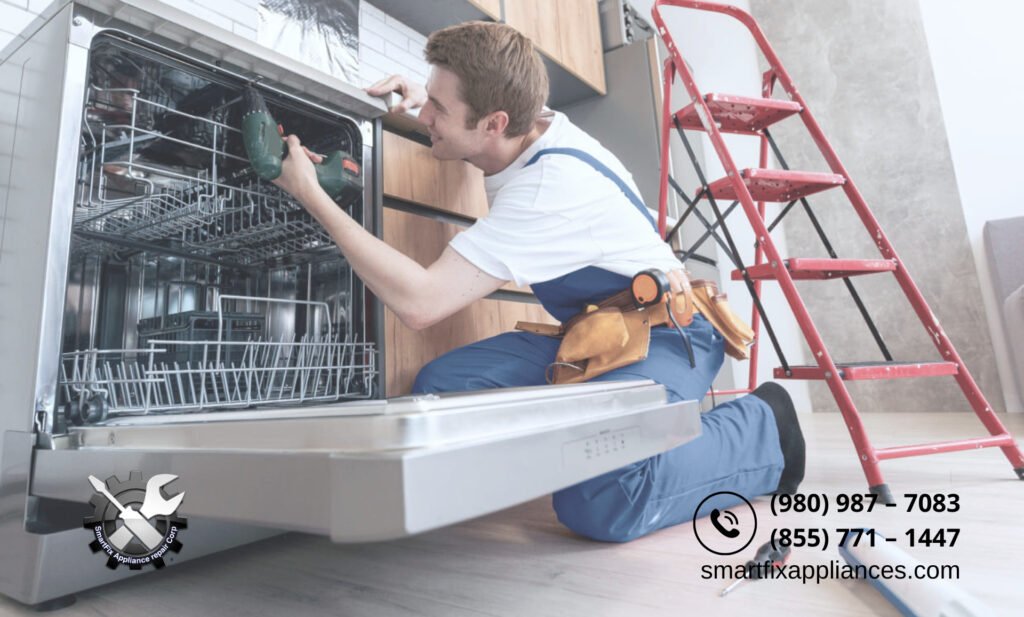How to Save on Appliance Repairs: DIY Fixes vs. Professional Help
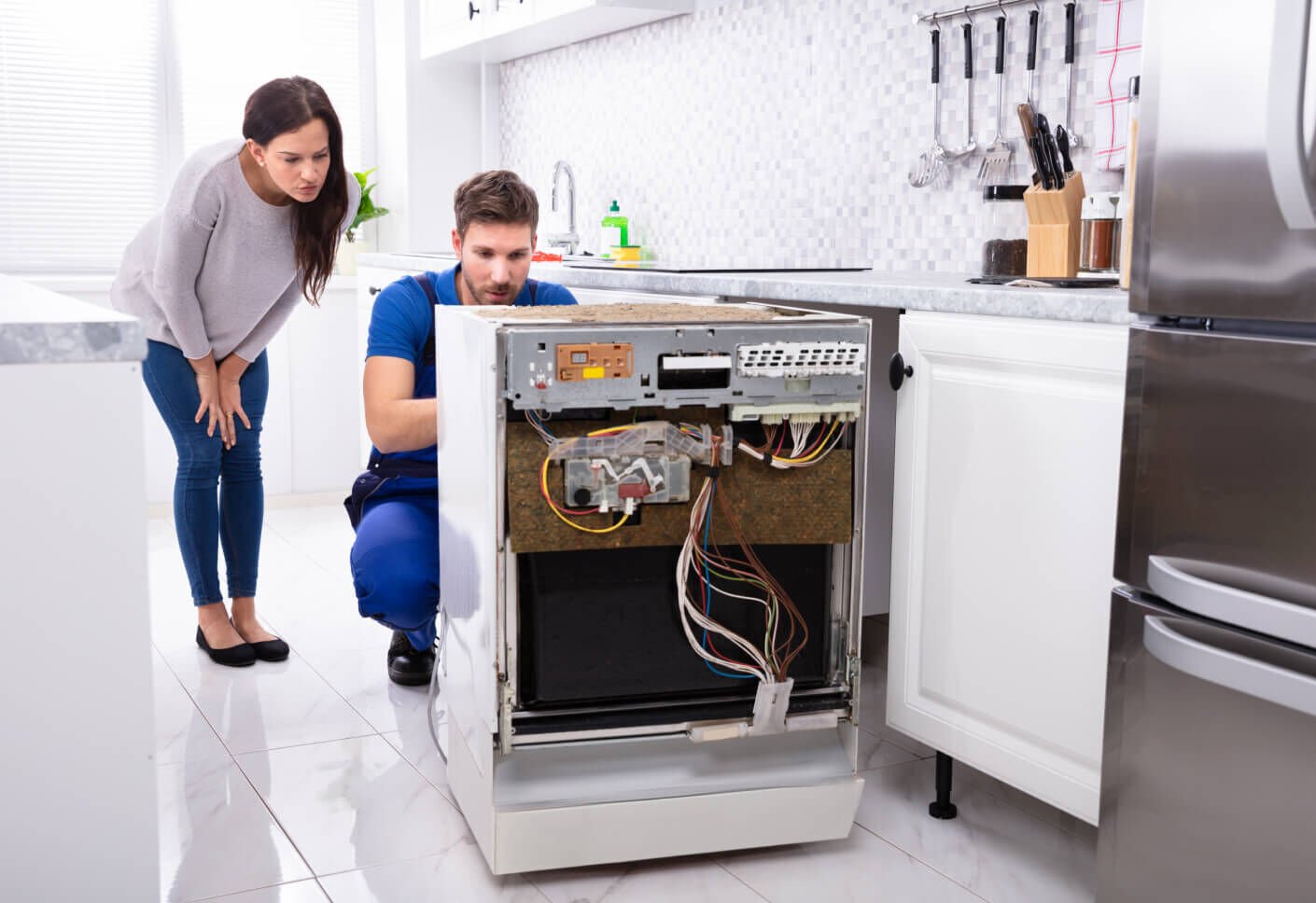
Appliance repairs are a crucial part of maintaining a smooth-running household. Whether it’s your trusty refrigerator, your essential washer, or your reliable oven, keeping these appliances in good shape is key to a stress-free home life. But when something goes wrong, you face a common dilemma: should you tackle the repair yourself or call in a professional?
In this article, we’ll explore the pros and cons of DIY fixes versus professional help. Our goal is to give you the information you need to make an informed choice, helping you save money while ensuring your appliances are fixed properly.
Understanding the Cost of Appliance Repairs

When your appliances need attention, knowing what to expect in terms of costs can make all the difference. Appliance repairs can vary widely in price, depending on several factors. Here’s a quick overview:
- Typical Costs: Generally, appliance repairs can range from a modest fee for a simple fix to a significant expense for major issues. For example, a small repair like fixing a leaky dishwasher might cost less than a hundred dollars, while replacing a major component in your refrigerator could set you back several hundred dollars.
- Factors Influencing Repair Costs: Several factors affect the cost of repairs. The type of appliance plays a big role—simple appliances like toasters tend to be cheaper to repair compared to more complex ones like washing machines. The extent of the damage also matters; minor issues are less expensive to fix, while significant malfunctions or broken parts often require more costly repairs. Additionally, the age and model of the appliance can influence the price, as older models might require more specialized parts or labor.
By understanding these cost factors, you can better navigate your options and make an informed decision about whether to tackle a repair yourself or seek professional help.
DIY Fixes: When to Try It Yourself

Sometimes, rolling up your sleeves and diving into a DIY repair can be a rewarding and cost-effective choice. Here’s a guide to help you determine when it’s a good idea to handle repairs on your own and how to get started.
Pros of DIY Repairs
- Cost Savings on Labor: One of the biggest advantages of DIY repairs is saving money on labor costs. By handling minor fixes yourself, you can avoid the expense of hiring a professional, which often includes both the cost of labor and a service fee.
- Sense of Accomplishment and Immediate Results: Successfully fixing an appliance on your own can be incredibly satisfying. Not only do you save money, but you also gain a sense of accomplishment and immediate gratification from seeing your repair work pay off.
Common DIY Repairs
- Fixing Minor Issues: Some issues are simple enough to fix on your own. For example, a clogged dishwasher drain can often be cleared with basic tools and a bit of elbow grease. This quick fix can restore your dishwasher’s efficiency and save you from calling a repair technician.
- Replacing a Broken Refrigerator Door Seal: A damaged door seal can lead to energy loss and poor performance. Replacing the seal is usually straightforward and can be done with minimal tools. It’s a manageable DIY project that can improve your refrigerator’s efficiency.
- Cleaning or Replacing Dryer Vents: Over time, dryer vents can become clogged with lint, leading to reduced efficiency and potential fire hazards. Cleaning or replacing the vent is a simple task that can often be done with a vacuum and a vent brush.
Tools and Resources for DIY
- Basic Tools Needed: For most DIY repairs, you’ll need a few essential tools, such as screwdrivers, pliers, and wrenches. Having a basic toolkit on hand can make these repairs easier and more efficient.
Online Resources and Tutorials: The internet is a treasure trove of DIY repair resources. Websites like YouTube offer countless video tutorials, and repair guides can provide step-by-step instructions. These resources can be incredibly helpful, guiding you through the repair process and offering tips and tricks to ensure success.
Professional Help: When to Call the Experts
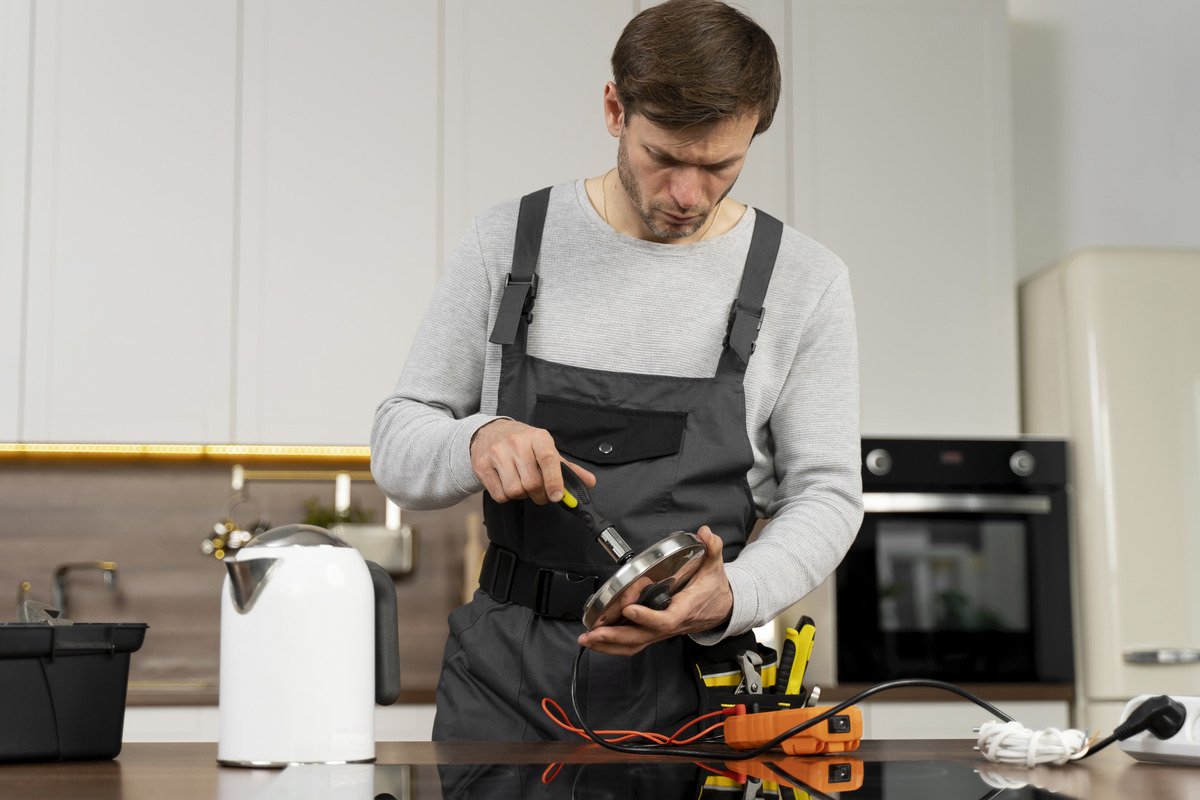
While DIY repairs can handle many minor issues, there are times when calling a professional is the best choice. Understanding when to seek expert help can ensure that your appliances are repaired correctly and safely. Here’s what you need to know about professional repairs:
Pros of Professional Repairs
- Expertise and Experience: Professionals bring a wealth of knowledge and experience to the table. They are trained to handle a wide range of appliance issues, from common problems to complex failures. Their expertise ensures that repairs are done correctly the first time, often preventing recurring issues.
- Access to Specialized Tools and Parts: Certain repairs require specialized tools and parts that may not be readily available to the average homeowner. Professionals have access to these resources, which can be crucial for addressing complex problems or repairs involving specific components.
- Warranty and Insurance Coverage: Reputable repair services often provide warranties on their work and carry insurance coverage. This means that if something goes wrong after the repair, you’re covered. The warranty also adds an extra layer of assurance that the repair will be done right.
When Professional Help is Essential
- Major Appliance Failures: Some issues, like compressor problems in refrigerators or complex malfunctions in ovens, are best handled by professionals. These types of repairs often involve intricate components and require specific expertise.
- Complex Repairs Requiring Technical Knowledge: Repairs that involve advanced technical knowledge or complex systems, such as electronic controls or intricate mechanical parts, should be left to the experts. Professionals have the training to diagnose and fix these issues effectively.
- Safety Concerns: If a repair involves potential safety hazards, such as electrical issues or gas leaks, it’s important to call a professional. These situations require careful handling to prevent risks and ensure safe operation of your appliances.
Choosing the Right Professional
- Tips for Finding a Reliable Service: Start by looking for reputable repair services with positive reviews and strong recommendations. Check for certifications and affiliations with industry organizations, which can indicate a high level of professionalism.
- Questions to Ask Before Hiring:
- Experience: Inquire about the technician’s experience and qualifications. A seasoned professional will have a track record of handling similar repairs successfully.
Cost Estimates: Ask for a detailed cost estimate before any work begins. This should include labor, parts, and any additional fees. Understanding the cost upfront can help you avoid unexpected expenses.
Comparing Costs: DIY vs. Professional Repairs
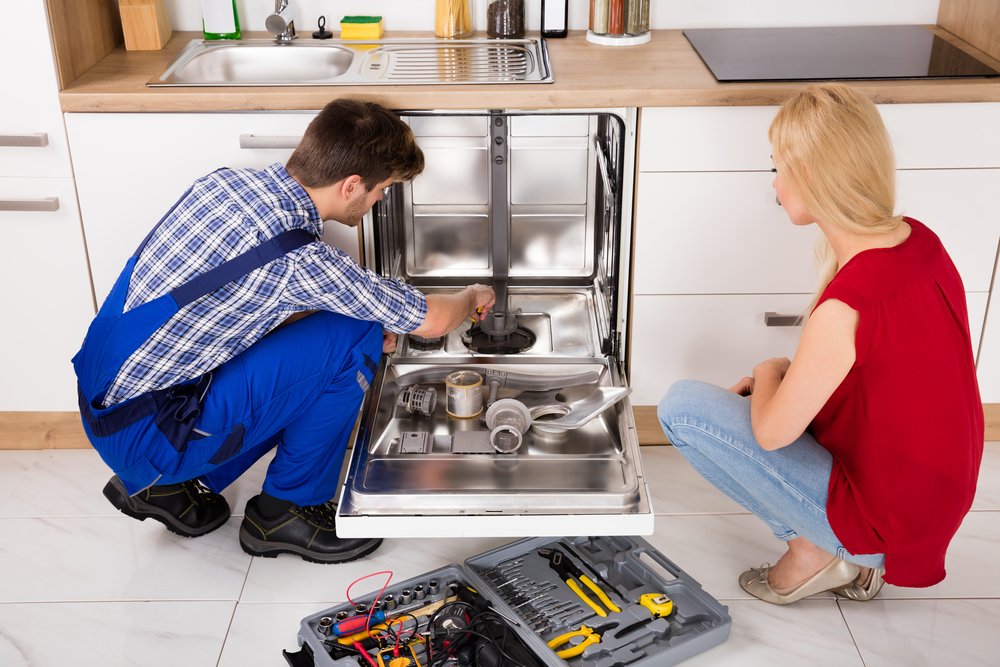
When deciding between DIY repairs and professional help, understanding the cost implications is crucial. Let’s break down the costs associated with each approach and examine potential hidden risks.
Cost Breakdown
- Potential Savings from DIY Repairs: One of the main attractions of DIY repairs is the potential for significant savings. By handling minor issues yourself, you can avoid paying for labor, which can be a substantial part of the repair bill. For example, fixing a small appliance issue might only cost you the price of replacement parts and any tools you might need. This can be a budget-friendly option, especially for straightforward repairs that don’t require specialized skills.
- Typical Costs for Professional Repairs: Professional repair costs can vary depending on the appliance and the complexity of the issue. On average, you might expect to pay anywhere from $100 to $300 for a basic repair, with more complex jobs costing significantly more. For instance, replacing a major component in a refrigerator or fixing a complicated issue in a washing machine could run you several hundred dollars. These costs include not just the labor but also any parts and diagnostic fees.
Hidden Costs and Risks
- Risks of Incorrect DIY Repairs: While DIY repairs can save money, there are risks involved. If a repair is not done correctly, it could lead to further damage, potentially costing more to fix in the long run. For example, a poorly executed fix on a dishwasher could result in water damage or further mechanical issues, which might require professional intervention to correct.
- Potential for Higher Costs if DIY Attempts Lead to More Serious Issues: In some cases, attempting a DIY repair without adequate knowledge or tools can lead to bigger problems. If an initial repair attempt fails or exacerbates the issue, you may end up with a more complex and costly repair down the line. For instance, an improper fix on an electrical appliance could lead to safety hazards, necessitating a professional’s expertise to address the new problems created.
Maintenance Tips to Reduce Repair Costs
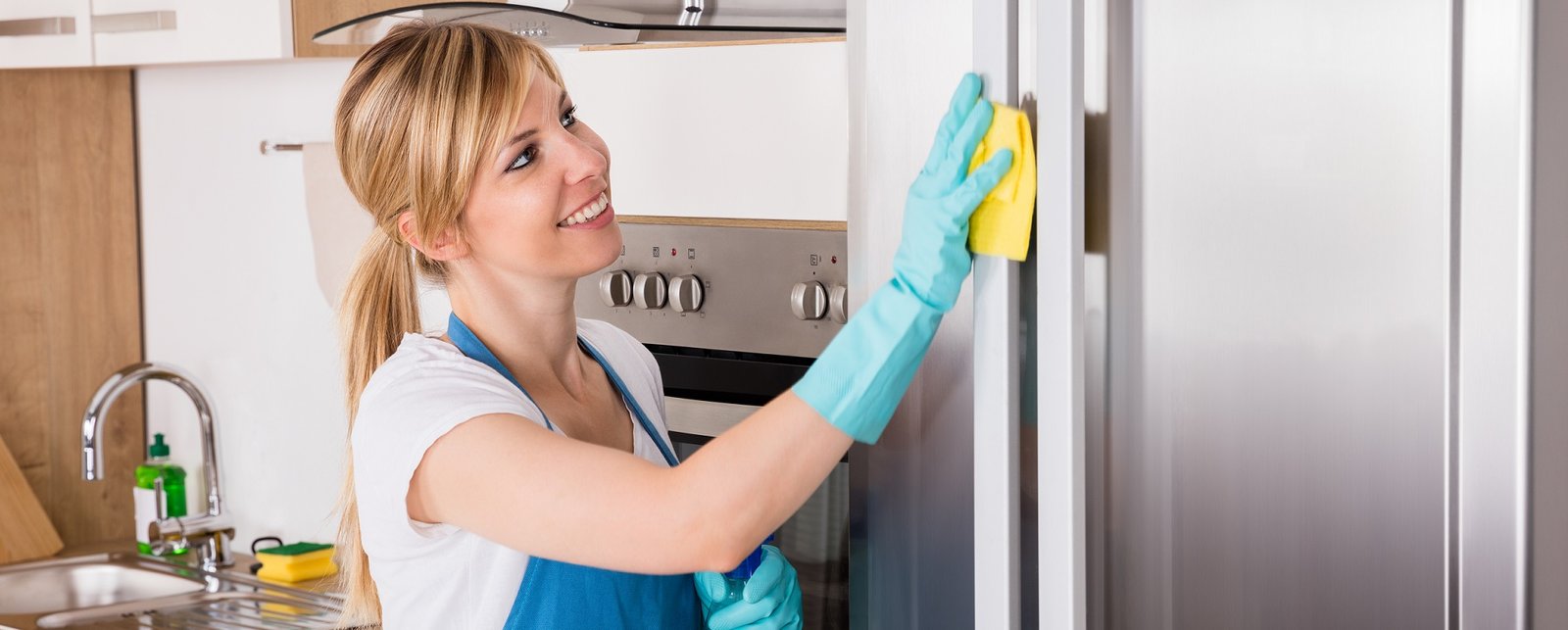
Maintaining your appliances regularly can help prevent issues and reduce repair costs in the long run. Here are some practical maintenance tips to keep your appliances running smoothly:
- Regular Maintenance Practices: Performing routine maintenance can help avoid common problems. For example, cleaning refrigerator coils can improve efficiency, and regularly checking and cleaning dishwasher filters can prevent clogs. Simple tasks like unclogging dryer vents and ensuring that washing machine hoses are not kinked can also prevent major issues.
- Proper Care to Extend Appliance Life: Proper care plays a significant role in prolonging the life of your appliances. Following the manufacturer’s maintenance guidelines, such as avoiding overloading your washing machine or regularly defrosting your freezer, can help keep your appliances in good working order. Regularly inspecting appliances for signs of wear and tear can catch potential problems before they escalate.
- Scheduling Routine Check-Ups: Even with diligent care, appliances benefit from occasional professional check-ups. Scheduling routine maintenance with a professional can help identify and address issues before they become major problems. This proactive approach can extend the lifespan of your appliances and ensure they operate efficiently.
Conclusion
Both DIY fixes and professional repairs offer distinct benefits depending on the situation. DIY repairs can be cost-effective and satisfying for minor issues, while professional help is invaluable for complex problems requiring expertise and specialized tools.
As you assess whether to tackle a repair yourself or call in an expert, consider the complexity of the issue and your comfort level with DIY repairs. For any appliance problems that seem beyond your skill set or if you prefer expert assistance, SmartFix is here to help. Our team offers reliable, professional repair services to ensure your appliances are back in top shape.
If you need expert advice or reliable repair services, don’t hesitate to contact SmartFix. We’re here to help you make informed decisions and keep your appliances running smoothly.
Do you want to know more or need a consultation?
Contact us and we will get back to you.
[arrow-down]
